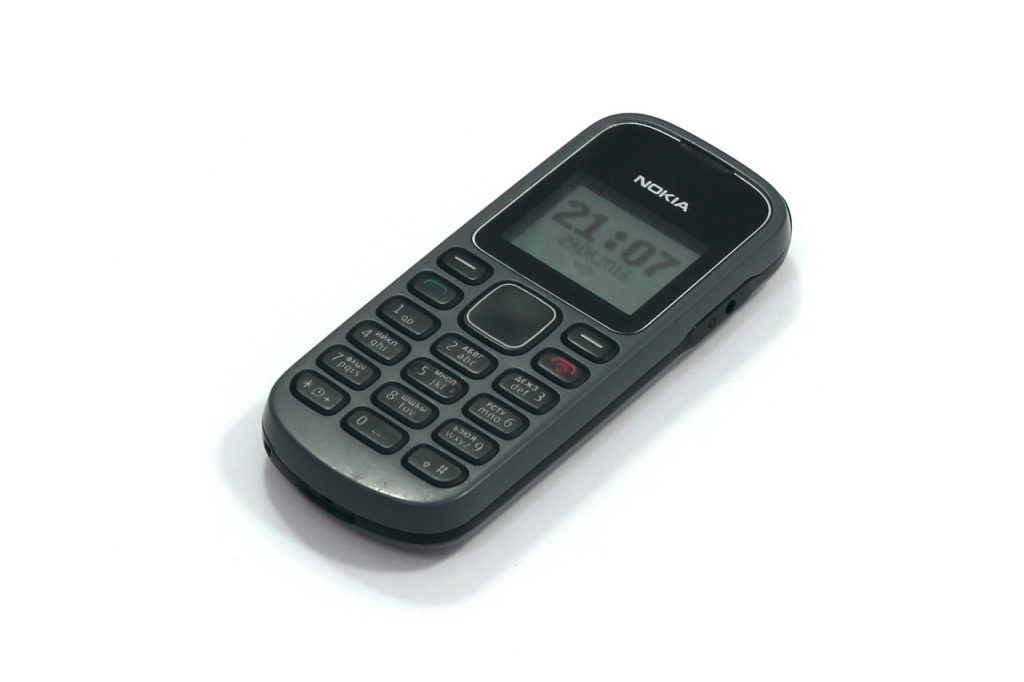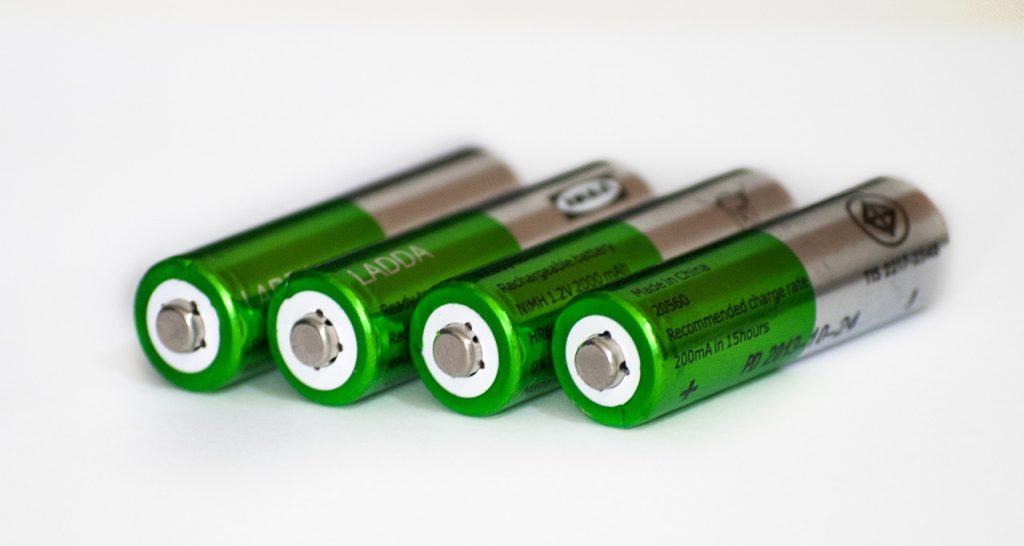- Understand the type of battery you’re dealing with (alkaline, zinc-air, lithium-ion, nickel-cadmium, etc.).
- Separate your used batteries based on type—single-use (alkaline, lithium) and rechargeable (NiMH, NiCd, Li-ion).
- For single-use batteries, primarily alkaline, find a local recycling program or designated drop-off location.
- Rechargeable batteries must be recycled due to the hazardous materials they contain. Look for special events, recycling depots, or in-store recycling boxes in your area.
- If you’re disposing of rechargeable batteries, tape over the ends or place each battery in a separate bag to prevent possible sparking.
- For automotive and vehicle batteries, seek a certified disposal center due to the lead content.
- If you’re in California, follow the state’s strict regulations for battery recycling.
- Consider using a battery drop-off point, mail-in program, or pick-up service for convenience.
- Stay informed about battery disposal regulations and opportunities through customer support or service alerts.
Understanding Battery Basics: Types of Batteries and the Importance of Recycling
Understanding battery basics and the types of batteries is crucial to learning how to correctly dispose or recycle them. While you might frequently encounter batteries in your daily life, you might not be fully aware of their potential as a hazardous waste. Batteries contain various toxic metals such as mercury, cadmium and lead. When thrown away, old batteries can contaminate the environment, making them a significant household hazardous waste concern.
There are various types of batteries- alkaline, zinc-air, lithium-ion, nickel-cadmium, to name a few. Each type of battery requires a different method of disposal or recycling due to their distinctive chemical makeup. For instance, lithium-ion batteries, common in smartphones and laptops, can cause a fire if not recycled properly. On the other hand, alkaline batteries are generally safe for disposal in your regular trash can, but recycling them is also an environmentally friendly option.
We can’t stress enough the importance of recycling batteries. Not only does it help prevent hazardous waste from harming our environment, but it also allows the valuable metals within spent batteries to be reused. With the number of batteries we use daily, it’s essential to be responsible and dispose or recycle batteries appropriately. So next time you come across a dead battery, think twice before tossing it in the trash, and consider recycling instead.
How to Properly Dispose of Single-Use and Rechargeable Batteries
When it comes to battery disposal, it’s essential that you know how to do it properly, particularly when dealing with single-use and rechargeable batteries. So, here’s the guide to proper battery disposal. Firstly, for single-use batteries, primarily alkaline batteries, you shouldn’t toss them in the regular garbage. Most communities have recycling programs which allow for dropping off these single-use batteries at designated locations.
For rechargeable batteries, steps for disposing are slightly different. They contain hazardous materials which means they must be recycled. Many municipalities host special events where you can bring your rechargeable batteries or they’re dropped off at recycling depots. Some retailers also have in-store recycling boxes. It’s vital to stay informed about battery disposal regulations because not every recycle center accept all types of batteries.
It’s also crucial to consider safety when handling battery disposal. If you’re disposing of rechargeable batteries, you should tape over the ends or place each battery in a separate bag to prevent possible sparking. Always remember to recycle, not only to avoid polluting our environment but also to conserve resources. Recycled materials from batteries can be used to make new ones or other products. Ultimately, responsible battery disposal and recycling improve sustainability and reduce damage to our environment.
Recycle Batteries: Comprehensive Guide on Battery Disposal
In our modern world, it’s vital to understand how to recycle batteries. Why? Because batteries are a prevalent part of our daily lives. From laptops to smartphones, we need batteries for countless devices. When those batteries no longer serve their purpose, we must dispose of them correctly. This is where battery recycling comes into play.
Battery recycling is the process of converting used batteries into reusable materials. Both single-use and rechargeable batteries can—and should—be recycled. When we recycle batteries, we help reduce the number of hazardous elements entering our environment. So, how do we recycle batteries? That’s exactly what this comprehensive guide on battery disposal explains.
Proper battery disposal starts with separation. Begin by separating your used batteries based on type—single-use (alkaline, lithium) and rechargeable (NiMH, NiCd, Li-ion). Many stores and recycling centers offer battery recycling bins specifically for these items. You could also participate in battery recycling events or programs in your community. No matter how you choose to dispose of your batteries, remember that every recycled battery contributes to a cleaner, safer environment.
With this article, we hope to inspire more people to recycle their batteries. By doing so, we can conserve our resources and promote sustainability. So, don’t let your used batteries end up in the trash—recycle them instead!
Why Bother Recycling Batteries? Environmental Impact and Waste Reduction
Why should you bother recycling batteries? The environmental impact of battery waste is astounding. Recycling not only reduces waste, but it also decreases the extraction of virgin resources, conserves energy, and reduces greenhouse gas emissions. Batteries contain materials like lead, mercury, cadmium, and nickel, which are hazardous to the environment. Disposal of such irresponsible waste in landfills results in leaking dangerous substances, contaminating ground and water sources.
When we recycle, these hazardous materials are safely extracted and reused, minimizing waste. For instance, recycling lead-acid batteries allows us to reclaim up to 99% of lead, significantly reducing the demand for new lead obtained through mining. This shows that recycling directly impacts waste reduction and environmental conservation.
By understanding the battery basics, including how to properly dispose of single-use and rechargeable batteries, we can ensure that we’re doing our part to reduce waste and protect the environment. This guide aims to provide a comprehensive look at battery disposal and why it’s important to recycle.
Despite the recycling process requiring energy, it often uses less than manufacturing with virgin materials. Furthermore, recycling leads to a lower net waste of resources, showcasing the massive benefits recycling offers over traditional waste disposal. To put simply, the more we recycle, the less we waste – making battery recycling an imperative part of waste reduction.
Automotive and Vehicle Batteries: Lead Contamination and the Need for Recycling
As we continue our exploration into the importance of battery recycling, let’s dive into the world of automotive and vehicle batteries. Predominantly, these batteries are rechargeable, lead-acid batteries. They are not only a primary source of power for various vehicle functions but, if left unchecked, they also become a significant source of lead contamination. While we appreciate the advantages brought by the battery, the hazards lie in the lead acid within them.
Lead is a harmful element that can seep into our environment, causing a plethora of ill effects on both humans and nature. Thus, proper handling of such hazardous waste is crucial. When discarded improperly, lead-acid batteries can leak and contaminate our surroundings. Therefore, a pressing need rises for conscious recycling of both vehicle batteries and rechargeable batteries.
Unlike alkaline single-use batteries that can sometimes end up in the trash, the story should be different with lead-acid batteries. These batteries hold a significant recycling success rate, largely due to laws regulating their disposal. Hence, when recycling batteries, whether alkaline or lead-acid, seek a certified disposal center. Remember, each battery saved from the landfill counts toward waste reduction, setting us a step closer to a greener, safer earth.
An Essential Guide to Recycling Batteries in California: State Laws and Regulations
California is a leader in environmental issues, and battery recycling is no exception. The state’s program is strict, regulating even small batteries, such as alkaline, rechargeable, and ion batteries. It’s not just the environmental protection agency (EPA) that sets these requirements, but also California state law. So, if you’ve got batteries to recycle, it’s essential to know what’s what.
First off, you can’t just toss your batteries in the trash. California regulations require all batteries, including alkaline and ion types, to be properly disposed of through a certified recycling program. The same goes for rechargeable batteries. The idea is to keep harmful substances out of our landfills and water supply. It’s not just good for the environment; it’s the law.
The good news is that California’s battery recycling program is easy to use. Most places that sell batteries must also take them back for recycling, thanks to the “retail take-back” requirement. This includes alkaline, ion, and rechargeable batteries. You can also drop off your batteries at a local recycling center.
The state has even developed a program for recycling automotive and vehicle batteries, recognizing their potential for lead contamination. All in all, California is taking serious steps towards reducing wasteful disposal and improving battery recycling processes.
Methods to Recycle: Battery Drop-Off Points, Mail-In Programs and Pick-Up Services
When you’re ready to recycle your batteries, finding a drop-off point is an easy first step. Many areas have Hazaradous Household Waste (HHW) collection programs, offering weekly or monthly events where you can drop off all types of batteries, including portable power sources, and particularly lithium ones that must be safely disposed of. After placing the batteries in a safe container for transportation, you take them to the designated drop location.
If you’re unable to locate a local drop-off, mail-in programs offer a convenient alternative. The program organizers send you a box for shipping your batteries back to them. Stick to the program instructions closely; for lithium batteries, you may need to use specific shipping materials to ensure they are safely transported.
Pick-up services are another reliable method to dispose of your batteries. Some battery producers and recycling services offer this service to ensure proper collection and disposal, particularly for high-powered lithium batteries. In order to arrange a pick-up, contact the service and prepare your products for collection.
Whether you choose a drop-off point, mail-in program or a pick-up service, recycling your batteries responsibly contributes to reducing environmental impact, conserves valuable resources and supports the transition to a sustainable, closed-loop economy, making it an essential drop in the bucket for Earth’s well-being.
Customer Support for Battery Disposal: Discover, Connect, Ask and Follow for a Greener Future
When it comes to battery disposal, having dedicated customer support is crucial for promoting a green future. Whether you’re at home or out shopping at a place like Home Depot, knowing how to properly dispose of batteries is essential for safety. Did you know that resources are available to help you learn about the process? Universal waste services frequently offer service alerts, providing updated news about recycling bins and programs. These platforms are perfect for those looking to recycle or who have already recycled batteries.
Monitors can inform on recycling programs, while service alerts provide real-time news about available opportunities for battery disposal. Educational resources for kids include lessons on the importance of recycling, featuring activities such as board games. They learn the power of recycling and how it contributes to environmental safety. It’s fantastic how these resources inspire a new wave of eco-friendly individuals!
But, what can you do right now? Simple. You can start with your home. Check in every room, including the garage. Look for ‘universal waste’ like single-use or rechargeable batteries. Collect them all. Then follow the service alerts from your local Home Depot, they will inform you when to drop off your waste. Battery disposal can be a positive, empowering experience, and customer support will help guide you every step of the way. The power is in your hands to contribute to a safer, greener future for all.




